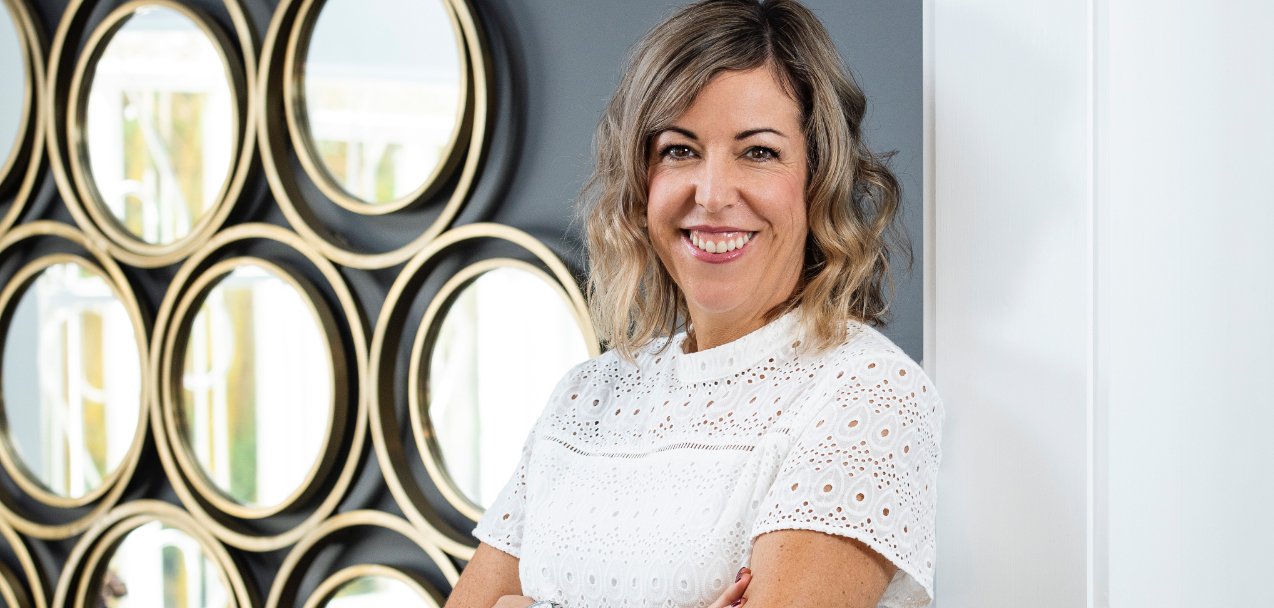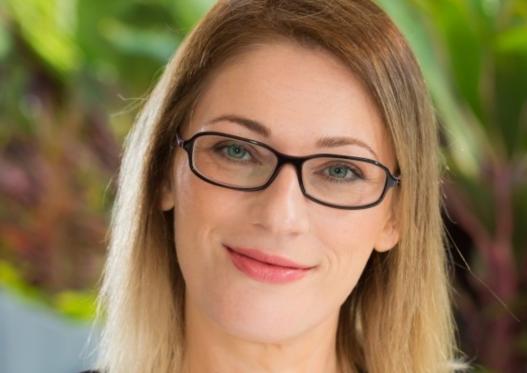For the past 10 years financial services professional body FINSIA has conducted a survey measuring the difference in perception between men and women regarding gender equity issues in that sector. Last year’s survey found female respondents are much less likely to agree that their employer is committed to the promotion and advancement of women.
Lisa Lintern, who is a member FINSIA’s Diversity and Inclusion Council, writes about the invisible biases that shape our perceptions of equality and puts the call out for more people to respond to this important survey.
“I don’t see any sexism,” were the words of the younger female in a small group of women huddled around the watercooler filling up their water bottles, venting their frustration at the persistent lack of women further up the corporate ladder.
“I mean, it’s about giving the job to the person with the right experience and skills,” she shrugged before walking away with her water bottle now full.
The remaining older women gave each other a glance, code for “do you want to be the one to tell her?” It was the same look they quietly gave each other a few months later when that young colleague announced her pregnancy and plans to return to work shortly after the birth.
So, what happened to that colleague? Well, she returned a year later a different woman, as her older female colleagues knew she would. And she was angry, as her older female colleagues knew she would be.
Because they have all been her.
Like so many women before her, she had now been thrust into a world where the concept of motherhood is shaped by age-old societal biases that define women as primary carers and men as breadwinners. A world she didn’t see coming because these predispositions are often invisible to those they do not directly impact.
They are the biases that assign the administrative burden of family life to women that may prevent them from taking that next step up the corporate ladder, like the exhausting school to-do list of P&F meetings, fundraisers and book-week parades, or caring for elderly parents.
Biases that have seen women overlooked for senior roles because it was assumed their pregnancy meant they wouldn’t be interested.
Let’s not forget the biases that have seen men labelled soft or less serious about their career because they have chosen to take time away from work to care for their kids, or to help out on the home front while their partners work.
And they are also the same biases that forget there are single parent families, trying to juggle a career with family life, without the support of a traditional two-person partnership.
Women (and yes, some men) have been trying to get people to see these seemingly invisible biases for years. That these are the things (as insignificant as they may appear alongside the wider context of some of the issues facing women around the world today) preventing many women from scaling further up the corporate ladder.
It’s what prompted Ross Gittens to write “the blokier you are, the harder it is to see what's blokey and what's not. Women see it sticking out, but blokes often can't” in his article about Scott Morrison’s recent ‘blokey budget’. (The same biases were likely behind the Prime Minister’s Office declaring that “no one credible has a problem with this budget or the policies proposed”.)
If it’s hard for young professional women to see these biases it must be even harder for men who have forged on with their successful professional lives, riding the wave of their unfettered full potential.
So, what’s the solution? Well, first we must see why these different perceptions exist, which is an uncomfortable path to tread. But it’s a path we must go down in the face of data proving the depressing reality that the number of women on boards of ASX200 companies has gone backwards, while the number of boards on the ASX 200 with zero female directors has actually increased.
As a person who cares deeply about these issues, it’s exhausting and demoralising, which might explain the drop in numbers of people completing FINSIA’s 2020 Gender Divide Survey, which is currently open here until 15 November 2020. But if you’ve still got some fight left in you, and you’d like to present your own lived experience in a bid to be seen, I encourage you to complete the survey.










